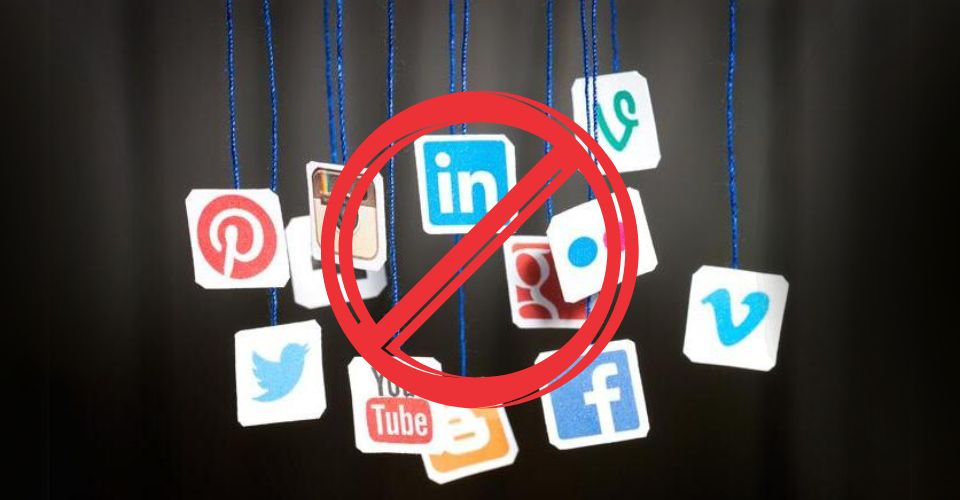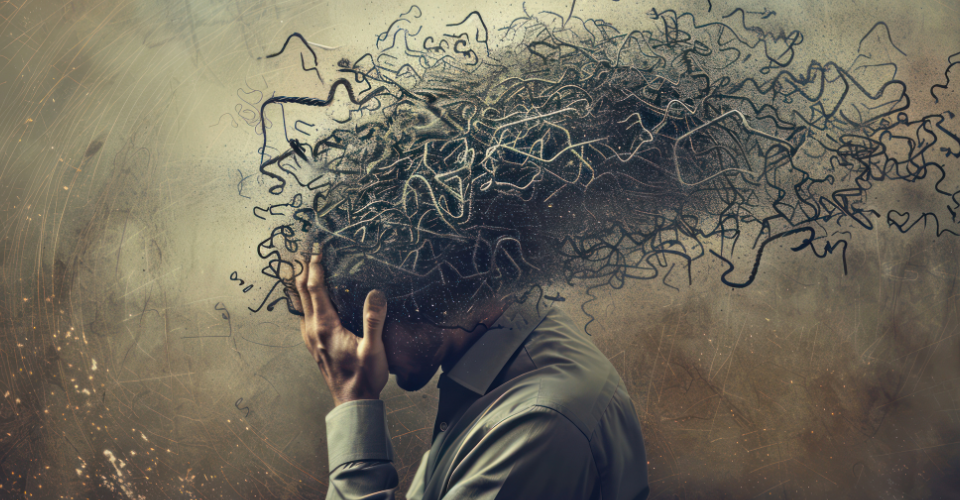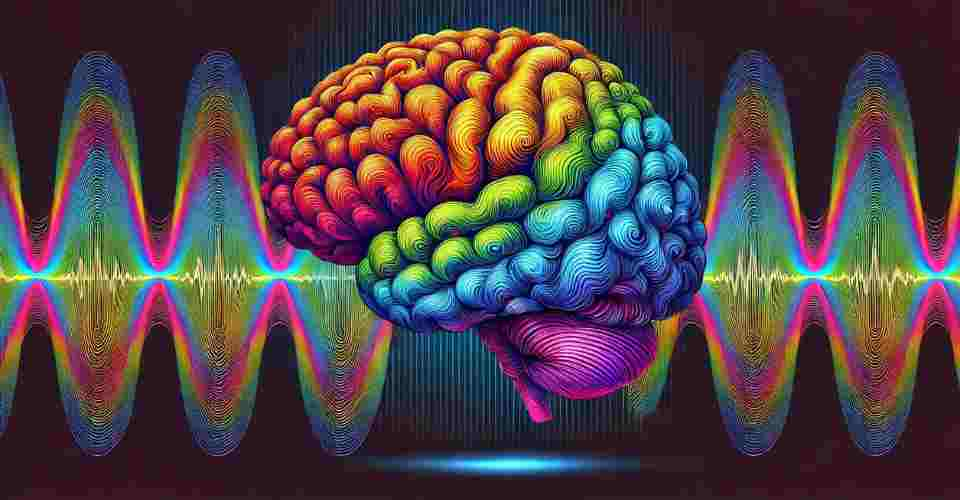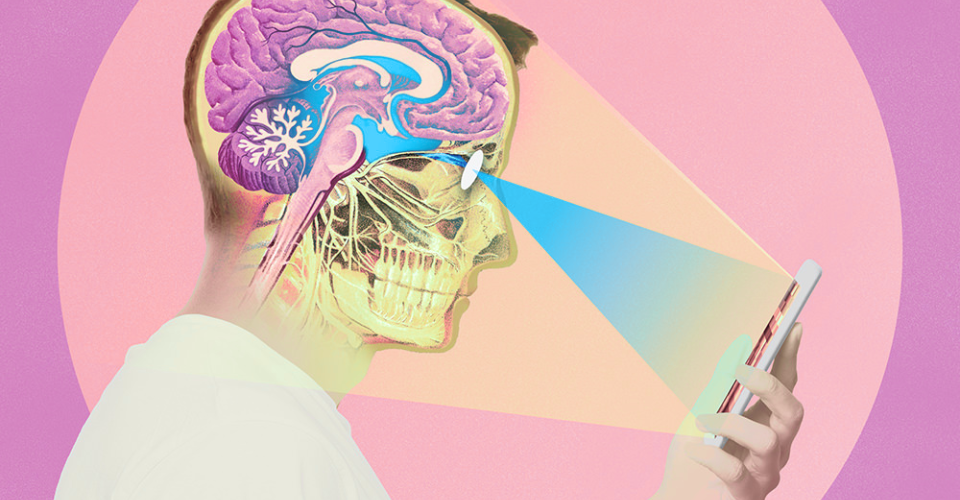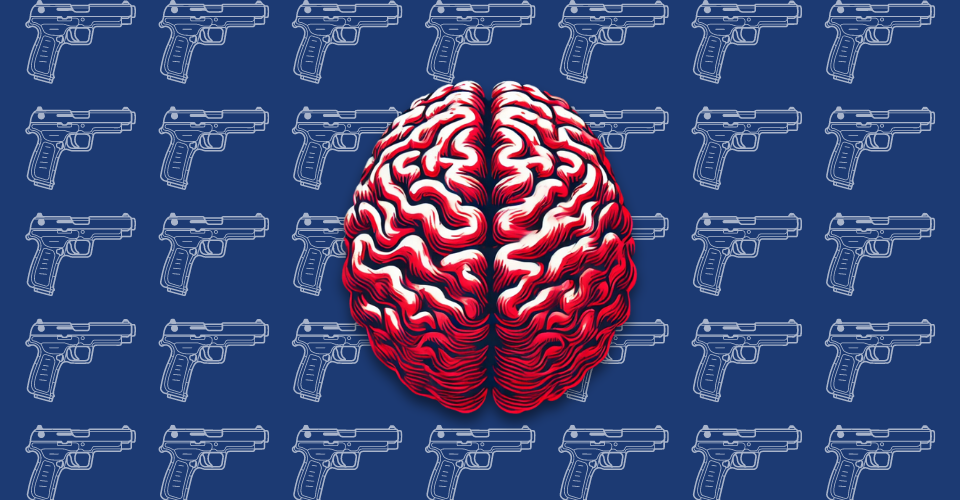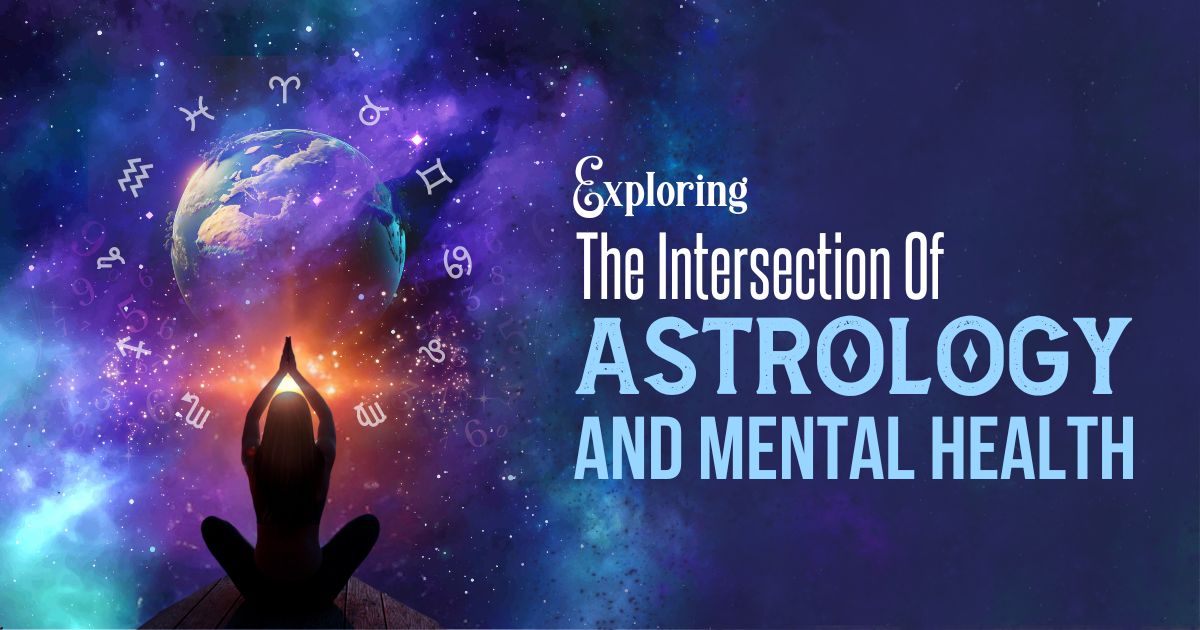- Mother’s Day can bring grief and emotional pain for some individuals.
- Recognizing Mother’s Day grief is crucial in providing the necessary support during this emotionally challenging time.
Understanding Mother’s Day Grief
Mother’s Day is a day that is often associated with joyous celebrations, heartfelt appreciation, and expressions of love for mothers. However, it is important to recognize that not everyone experiences this day in the same way. For some individuals, Mother’s Day can bring about a sense of grief and emotional pain.
Reasons For Emotional Grief On Mother’s Day
Grief on Mother’s Day can stem from various reasons, such as the loss of a mother or the absence of a maternal figure. For individuals who have lost their mothers, Mother’s Day serves as a painful reminder of the void that remains in their lives.
The day may trigger a range of emotions, including sadness, longing, and even anger at the unfairness of losing a loved one. Similarly, those who have experienced strained relationships or have been separated from their mothers may feel a sense of emptiness and loss on this day.
Moreover, individuals who have struggled with infertility, miscarriage, or the loss of a child may also find Mother’s Day to be a particularly challenging time. Mothers reeling under maternal stress or depression may also find it difficult to get through.
The celebration of motherhood can intensify feelings of grief and longing for the child that they were unable to have or lost or disconnected from. These individuals may feel isolated and misunderstood, as the cultural emphasis on motherhood during this time can inadvertently deepen their pain.
Dealing With Mother’s Day Grief
Recognizing that a “Happy Mother’s Day” may not be everyone’s reality and acknowledging Mother’s Day grief comprise the first step towards providing support to those who may be experiencing it. Validating emotions is crucial for individuals grieving on Mother’s Day.
It is also important to not compare feelings of grief or guilt. Respect and honor each person’s unique journey. This is because emotional grief is personal, and everyone’s feelings deserve empathy and support.
Create a safe space for them to express feelings without judgment or dismissal. Explore alternative ways to honor and remember mothers for those who find traditional celebrations painful. Engage in meaningful activities like visiting a memorial site or pursuing a cherished hobby.
In the process, encourage seeking support from friends, family, or support groups to find understanding and comfort in shared experiences. Prioritize practicing self-care through activities that bring joy and relaxation, such as hobbies, nature time, mindfulness, or seeking professional help if needed.
Therefore, understanding Mother’s Day grief is essential in providing support and empathy to those who may be experiencing emotional pain on this day.
Ultimately, by acknowledging the diversity of experiences on Mother’s Day 2023, we can foster a more compassionate environment where individuals feel validated and supported during this emotionally challenging time.
Know More About –
Related Articles –
- How To Be A Happy Mom, Even When You’re Struggling? 10 Ways To Find Mom-spiration
- 50+ Heartwarming Happy Mothers Day Quotes To Make Your Mom Feel Extraordinary
- The Kind Of Mom You Are Based On Your Love Language


